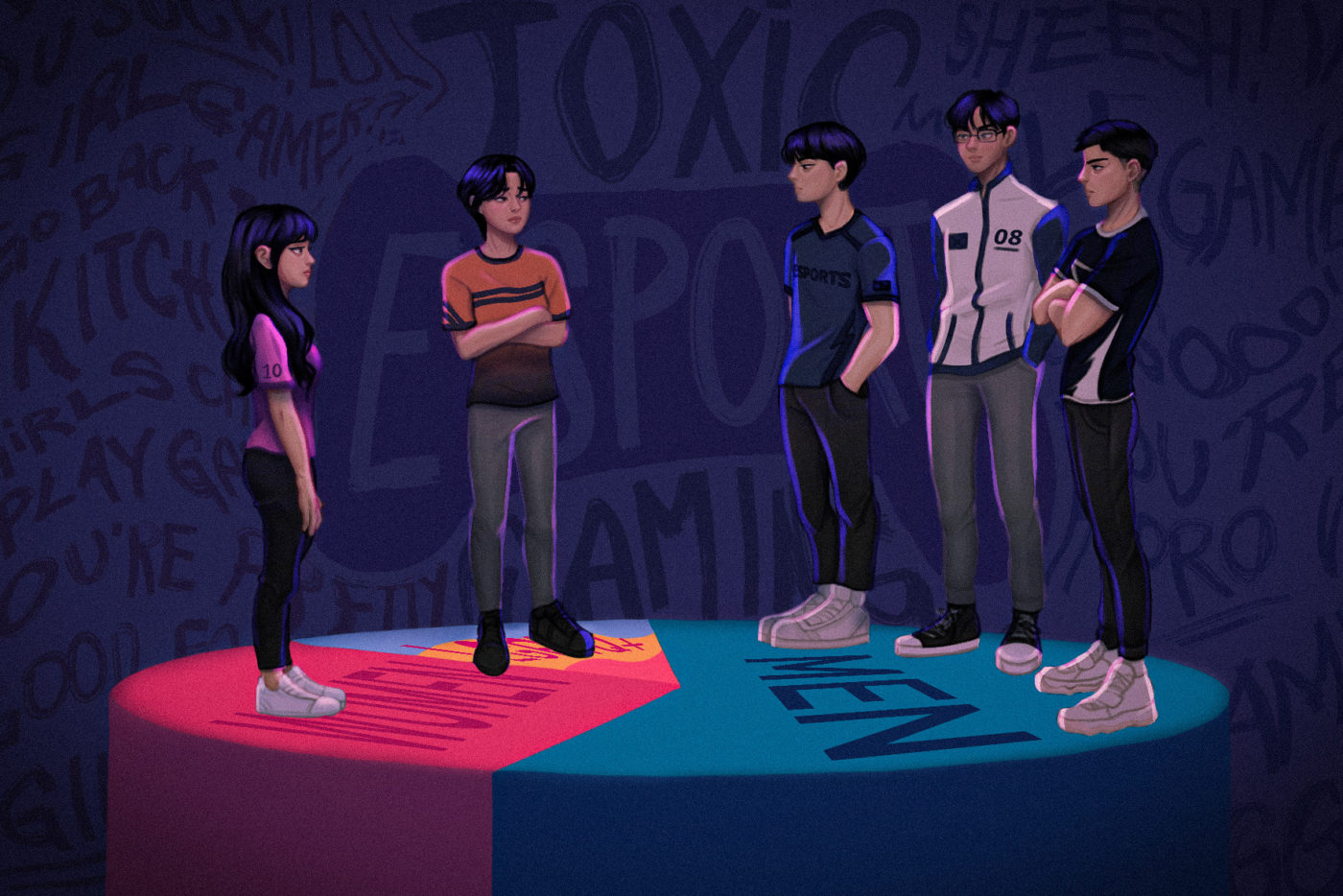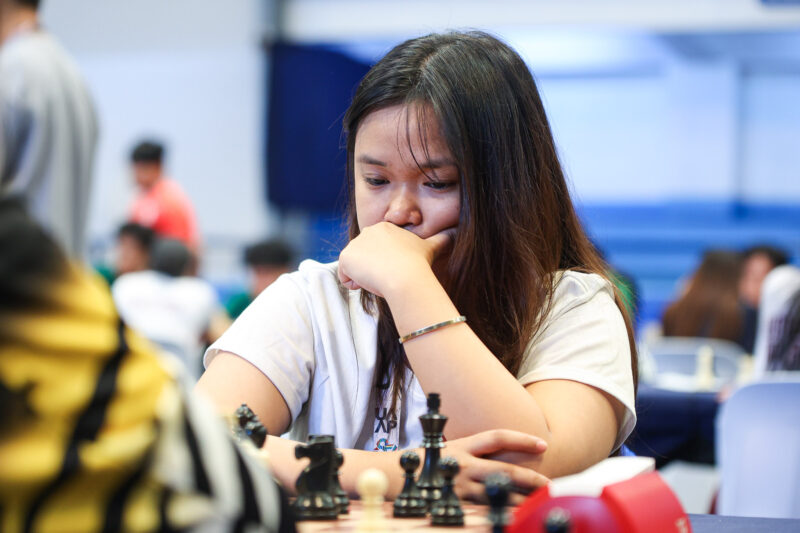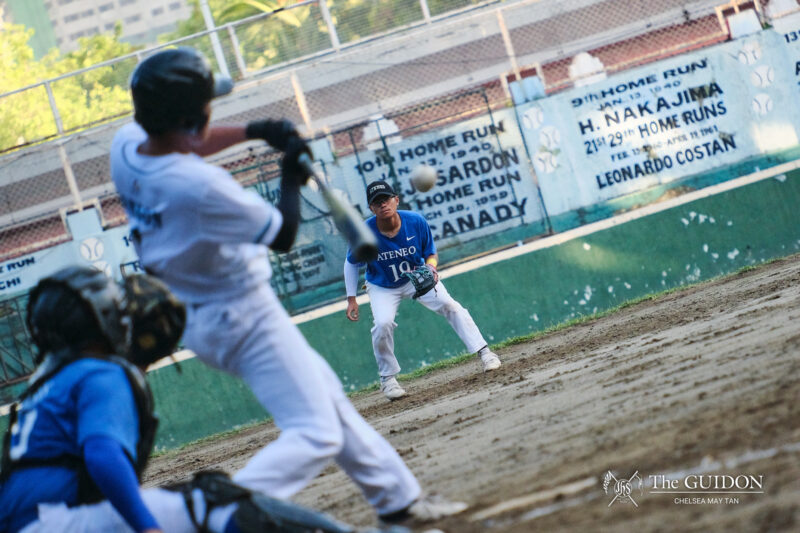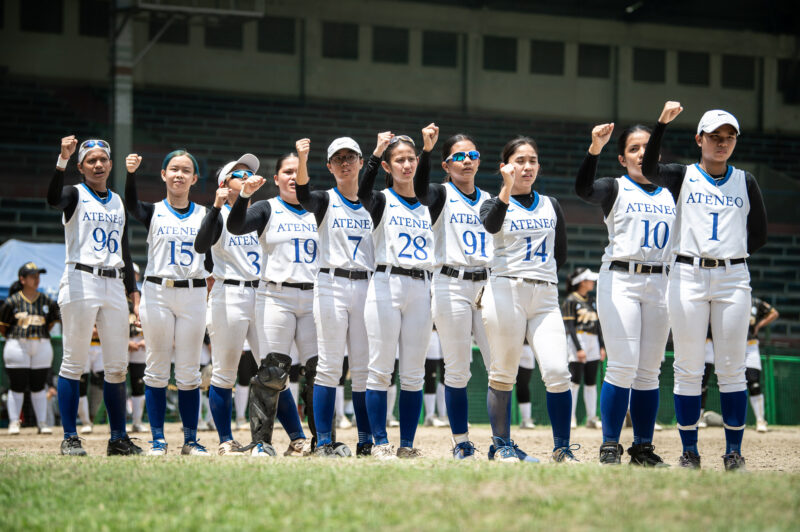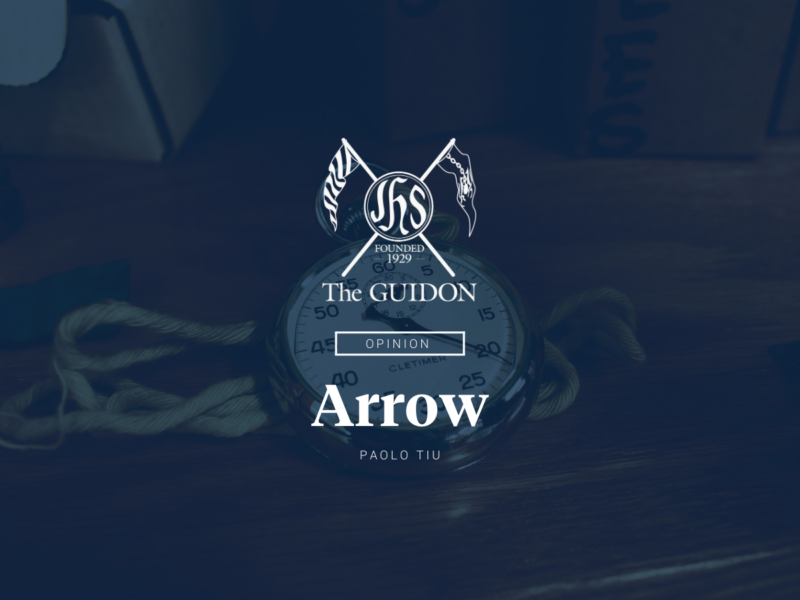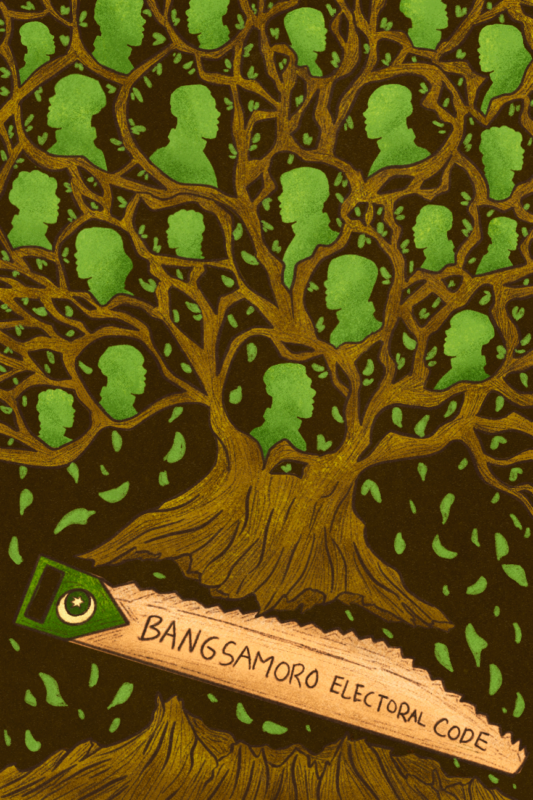AS THE online gaming community flowers, it also experiences a culture of intolerance and ignorance that has excluded women from a male-dominated online esports industry. As a result, women and even LGBTQ+ gamers have fewer opportunities to play while receiving harsh criticism from the public because of the stereotype that women perform worse than men in games.
The experiences of toxicity in the gaming scene have reached Loyola Gaming (LG) Esports, who was placed under the spotlight as former players of the ESI-4 Valorant tournament observed “unsportsmanlike and misogynistic behavior” in a viral TikTok video. This instance has led many spectators to become aware of the flaws in the gaming community.
Growth of an industry
Since the pandemic halted a lot of lives, esports experienced a boom in its player base as more and more people engage with the gaming environment. Ana Patricia “Mewwee” Fuentes, a participant of the COED tournament and LG Esports Secretariat, shared a similar view on how the lockdown has invited numerous people—women included—to venture into video games. While traditionally a male-dominated sport, women have grown to occupy 42 percent of esports’ total audience, in turn leading to friction in the online arenas.
A key example of how gaming can become a form of livelihood for many esports athletes is Fuentes herself, as esports has become an avenue for people to establish careers and represent their countries. For Fuentes—who grew up playing video games and is currently pursuing a degree in digital game design and development—the gaming community has shaped who she is as a person.
Akin to traditional sports, esports tournaments such as the 2021 League of Legends World Championships finals have grown to attract millions of viewers globally. However, esports becoming more mainstream is a double-edged sword as its online nature has become a source for verbal abuse from players during games or streaming sessions.
Toxicity in the gaming arena
The discrimination and toxicity within the esports community stems from layered misogyny and gender norms. Determining where exactly these issues came from is difficult, but different ideas are worth looking at.
Statistically, esports has long been a male-dominated industry; female players rarely play in professional leagues. Similarly, gaming is catered to young boys as gender norms discourage young girls from playing. Finally, all the aforementioned factors can be compounded into the detrimental result of a lack of role models for girls in gaming, stemming from an underrepresentation of women in the sport.
“If you think of idols in gaming maiisip mo si Tenz, si Zombs (you think of Tenz and Zombs). There aren’t any women to come up in your mind right now with regards to gaming. […] In the worldwide gaming scene there’s not a lot of representations of women [but] there are certain openings,” said LG Esports Director Francesca Palafox.
With gaming being tuned towards men, there emerges a lack of check-and-balance systems for the players, resulting in issues of sexual harassment and gender discrimination. Last March 2021, the Valorant scene was shaken when Sentinels star Jay Won was accused of sexual harassment by his ex-girlfriend Cleo Hernandez, who put forward the evidence against Won in a public document. This resulted in Riot Games suspending Won despite an upcoming tournament. After the incident, Riot Games conducted its own investigation and reached a ruling that banned Won from competitive play for six months, citing the accused’s lack of cooperation as the reason for the sanction.
Similar to sexual harassment cases in other industries, the criminal case was dropped due to various issues. Hernandez cited that the case was affecting her life as a whole and her speaking up took so much courage from her. Criminal cases are also difficult to manage for game developers because they can only do so much to sanction abusive players. However, it must be stressed that these game developers are responsible for ensuring safe spaces within the structure of their games.
Despite issues from professional players, organizations and companies are trying to move in the right direction by implementing their own rules to provide safe spaces for their players and employees. For example, AcadArena imposes a policy of zero-tolerance for sexual misbehavior in the company.
“Being able to verbalize that we have zero tolerance over that sort of thing is important because oftentimes the employees would feel, […] that they just want to keep their job. They think that raising a concern or making trouble would affect their tenure,” said AcadArena Co-Chief Executive Officer Ariane Lim.
Moving towards inclusivity
Currently, the gaming industry is slowly improving its system to ensure a safer environment for all involved, characterized by a slow shift in perspectives among players.
Team managers and tournament organizers play a significant role in ensuring that all their players are safe and not engaging in acts of discrimination, verbal or physical abuse, and manipulation. It therefore cannot be stressed enough that the first step to ensuring the safety of all is for managers and organizers to secure a safe and conducive competitive environment. There must be strict monitoring of these events and the participants involved to ensure that rules and regulations are strictly adhered to.
On a positive note, there have been progressive developments pertaining to more diverse esports teams and tournaments. “For tryouts [on LG teams] we don’t really limit it to males only. We really look at [the] skillset more than anything else. If anyone—girl or boy—wants to test out their skills in the collegiate or professional scene, we’re very open to it,” Palafox said.
To further bolster the participation of women in esports, Fuentes suggested holding more inclusive events such as an all-female tournament, where women increase their exposure to video games. This ties in with the fact that if game developers were to host a tournament, there must be equal opportunities given to all gamers.
While stricter measures are needed from the organizers, online streaming platforms such as Twitch must also play their part in enforcing regulations for video game streamers to be more aware of their actions. If left unattended, these platforms have the potential to sow discord and negativity, resulting in the need for a stronger implementation of sanctions if players do violate community rules.
While the gaming community does have its flaws, there have been gains in shedding the all-male notion attached to esports. The industry of gaming will continue to expand as inclusivity continues to foster in the environment—opening new doors for gamers, regardless of who they are or where they come from.

